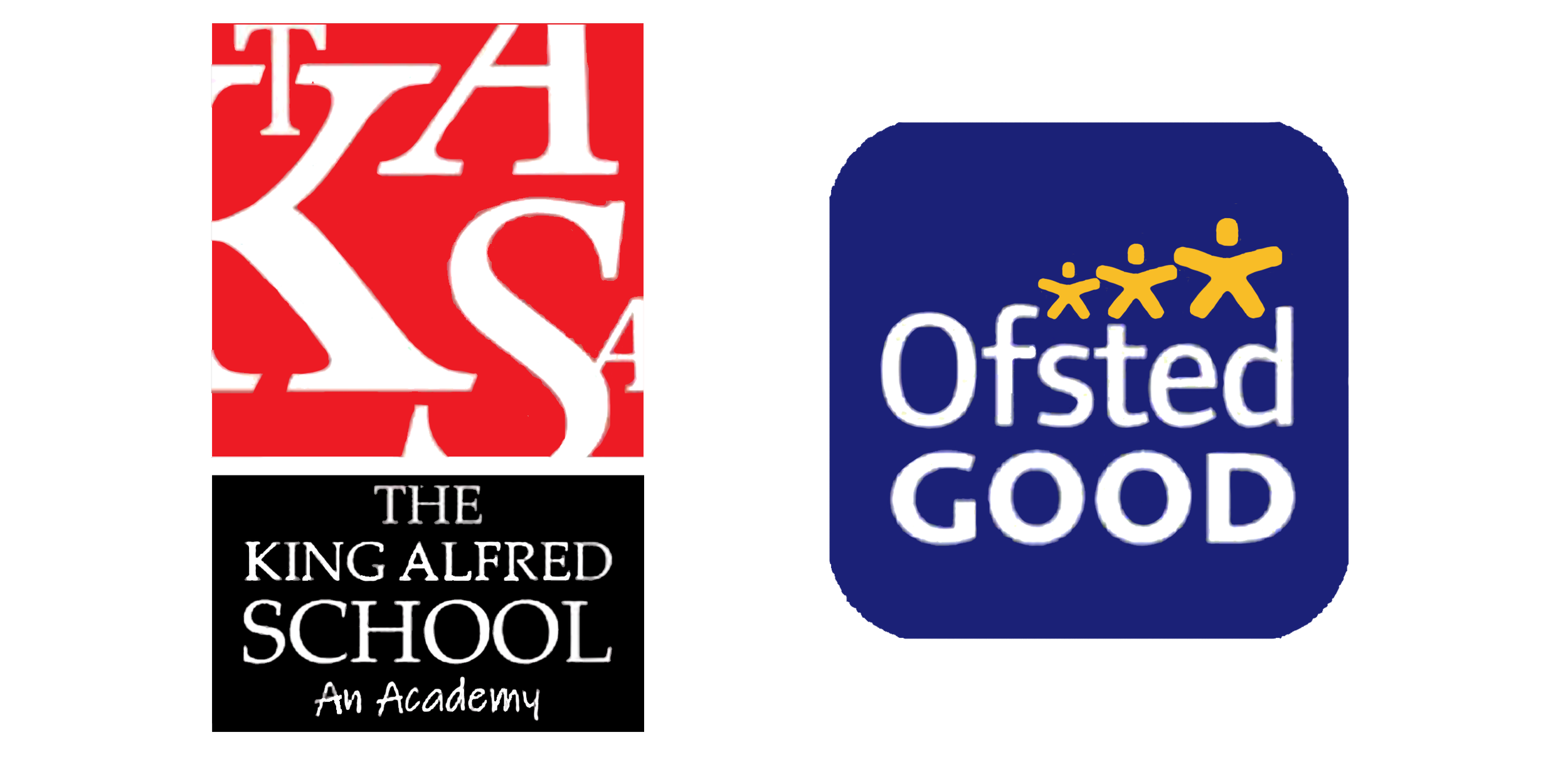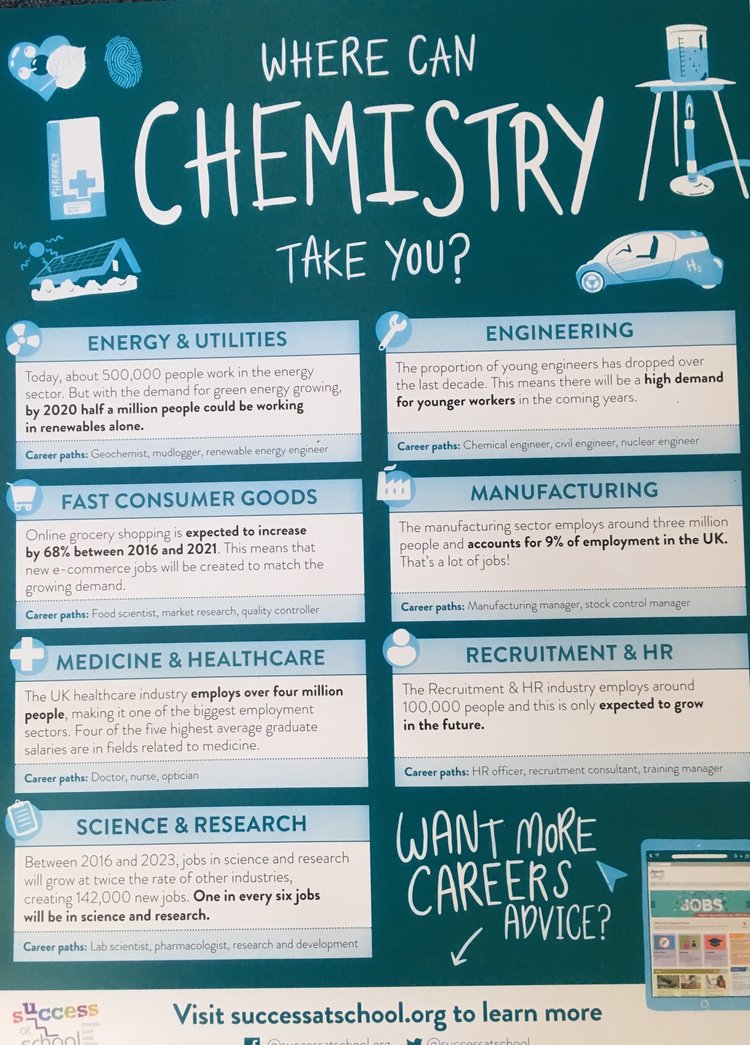Curriculum Purpose
School should prepare students with the ability to engage, to understand, to question and to explore what the world has to offer. Our students deserve to be successful and our curriculum equips them with the necessary knowledge, skills and experiences to harness every opportunity.
Our curriculum is a knowledge focussed curriculum that clearly identifies a seam of powerful knowledge such as vocabulary or key equations that is foundational to students then exploring topics in greater depth.
We develop students in each subject specialism to be the very best they can be in that subject, building great scientists, Geographers or musicians. Students do this by exploring ‘big concepts’. These big concepts build throughout students' experience from the foundational year 7, transitional year 9 all the way to the end of year 13.
Our curriculum ensures that students can express our school values
Believe in students ability to challenge themselves and explore powerful knowledge
Belong to a community of learners that supports each other and is kind to one another
Be proud of achievements and the progress they make
The Implementation of Our Curriculum
Students progress through 3 phases of our curriculum whilst developing their specialism.
We strongly believe that students deserve to study a broad range of subjects, consequently we encourage students to pursue the english baccalaureate as a signifier of breadth desired by universities and employers. It is not compulsory, because breadth can be achieved in different ways and students have a right to craft a curriculum appropriate to them.
Miss B Charles
Deputy Headteacher
The Academic Curriculum: Outline
Years 10-11: Exploring GCSEs in depth
We offer a very broad and balanced curriculum, which ensures all students continue a humanities subject and most a language throughout their time at TKASA. We offer a very wide range of GCSE options, including the full range of Arts subjects. We believe a two-year preparation for GCSE allows students to be well-prepared and specialise in subjects and topics for the demands of the qualifications, whilst not being taught solely to the examination. Students would have more knowledge and experiences from the three-year KS3 experience to make a more informed choice on the qualifications best suited to help them achieve their goals.
What does the curriculum look like in practice?
KS3 – Years 7, 8 & 9
All students follow a broad ranging curriculum which provides a firm foundation for their chosen KS4 options. As with all year groups, Year 7 – 9 students are continually assessed throughout the Key Stage.
Students also have the opportunity to take part in field trips, and alternative and extra – curricular activities throughout the year.
The general pattern is for students to be taught in mixed ability groups in most subjects. In some subjects and year groups students are taught in groups of similar ability.
It is hoped that KS3 will lay sufficient foundations for the students to choose a sensible, informed and suitable course of study for Years 10 & 11. Heads of faculties are always willing to discuss any point of philosophy or detail of the courses they offer.
KS4 – Years 10 & 11
Students in KS4 will continue to study subjects in the National Curriculum. These are: English, mathematics, science and PE. The majority will also take a further four option subjects.
At the end of KS4 the majority of students will take public examinations for GCSE (General Certificate of Secondary Education) in the subjects they study. There may also be a small number of students who will study for Entry Level Qualification in some subjects.
Our Curriculum…
Is HIGHLY PERSONALISED. Students have great scope to tailor the curriculum to their learning needs and interests. Students have significant choices about the curriculum they follow. These choices are always supported by Individual Advice and Guidance.
Encourages students to develop POSITIVE ATTITUDES and a sense of responsibility towards themselves, other people in the community and other cultures.
Allows outstanding ACHIEVEMENT. Students have every opportunity to gain the qualifications needed to maximise their life chances beyond TKASA.
Promotes the acquisition of LIFE SKILLS, including Personal, Learning and Thinking Skills (PLTS) and Social and Emotional Aspects of Learning (SEAL). Furthermore, students develop key skills of communication, ICT, Number and Word. Through this approach TKASA students are well prepared for life and work in the 21st Century.
Is INSPIRATIONAL, ENGAGING AND RELEVANT for all students. Through high quality, enjoyable, memorable and rich learning experiences students develop a lifelong love of learning.
ALLOWS PROGRESSION. At all stages students follow courses and programmes of study that will leave them qualified and well-equipped for the next level of learning: at TKASA, in post-16 education and in the world of work.
Promotes HIGH ASPIRATIONS. All students will be encouraged to strive to fulfill their potential and their achievements will be recognised, valued and celebrated.
The Curriculum and Careers
To learn more about careers relating to specific subjects, please look here - https://www.careerpilot.org.uk/job-sectors/subjects
In addition to the careers work delivered in class, the school offers a wide range of careers related events and activities throughout the year including:
Themed assemblies including visits from colleges, universities, apprenticeships, employers and previous students to explore career pathways
Collapsed curriculum days - college and university taster days to help our students plan their studies beyond school
Mock interviews for Years 7 and 10 to build confidence and employability skills
Guest speakers and drop-ins to meet employers, education providers, previous students and representatives from other organisations in an informal setting
Work experience week to help our Year 10 students build their confidence, their employability skills and their work awareness
College, Sixth Form and University open evenings to help students and their families explore options beyond school
And plenty more!
The Careers Office is open from 9.00am - 3.00pm Monday to Friday and is available for students to visit and talk through their ideas. Specific one to ones can be booked with parents/carers too if requested, but students are welcome to drop in at any time.
The Careers Office is based in A Block, next door to A3 and A4. You can contact Mrs Sinclair by phone on 01278 784881 or by e-mail: nina.sinclair@tkasa.theplt.org.uk
At The King Alfred School Academy, we believe that developing an extensive vocabulary is one of the keys to unlocking academic success. Our KS3 vocabulary curriculum document outlines the subject specific words students will explicitly learn as a minimum each year.












